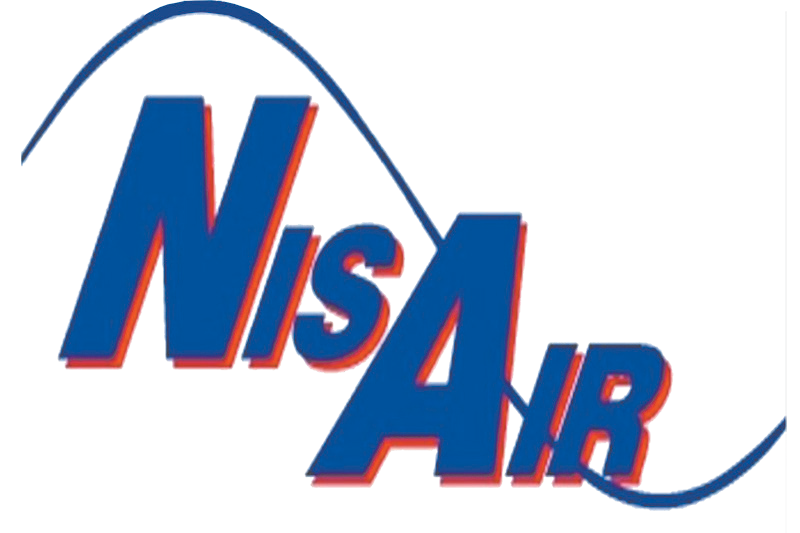Understand the Importance of Buying an HVAC System, Not Just a Replacement Unit
When you buy a new HVAC system, you know you’re going to be investing in your home’s comfort and value. At the same time, you want to get the best deal possible. That’s why many homeowners, when faced with a broken HVAC unit, consider just replacing the unit and not the whole heating and air conditioning system.
There’s no doubt just replacing the defective unit is less expensive initially. However, it can ultimately be more expensive in hidden costs and loss of energy savings.
HVAC System Components
HVAC systems are made up of two units, one indoor and one outdoor. The indoor unit includes the evaporator coil, air handler, and sometimes the furnace. The outdoor unit holds the fan, condenser, and compressor. Both units can be sold separately, but they’re each designed to match with an opposite unit by the same manufacturer.
Buy the System or Individual Units?
In nearly every situation, HVAC pros will recommend buying the whole system as a package rather than replacing the units at separate times. The most obvious reason for this advice is that once your HVAC system gets old enough to start breaking down, the whole thing will eventually need replacement. Rather than replacing one unit and then having to repair the other repeatedly, it makes more sense to replace the entire system at one time.
Some other reasons to consider include:
- Installation Fees. Each time you have a unit installed, you pay for the HVAC techs to come to your house and do the installation. If you install the whole system at once, you only pay one time. This can mean substantial savings.
- Warranties. When you have new equipment, it’s covered by warranties that give you peace of mind about any repairs that might need to be done. Some manufacturers won’t warranty units that aren’t installed as part of a system.
- Energy Efficiency. Your HVAC system is only as efficient as its oldest component. If that component is 20 years old, you’re losing out on significant energy savings.
Have questions about replacing your HVAC system? Contact NisAir Air Conditioning and Heating today.

